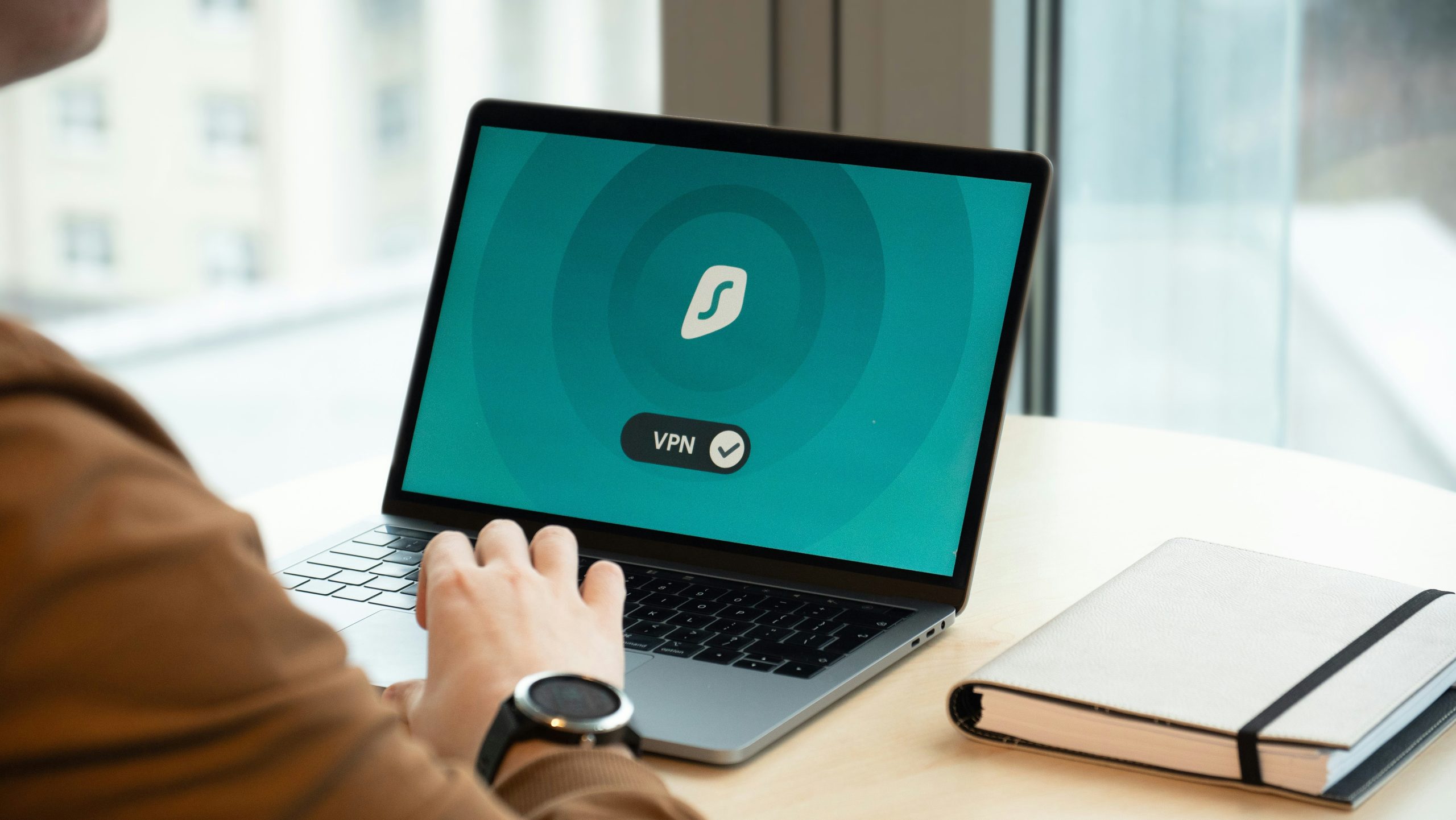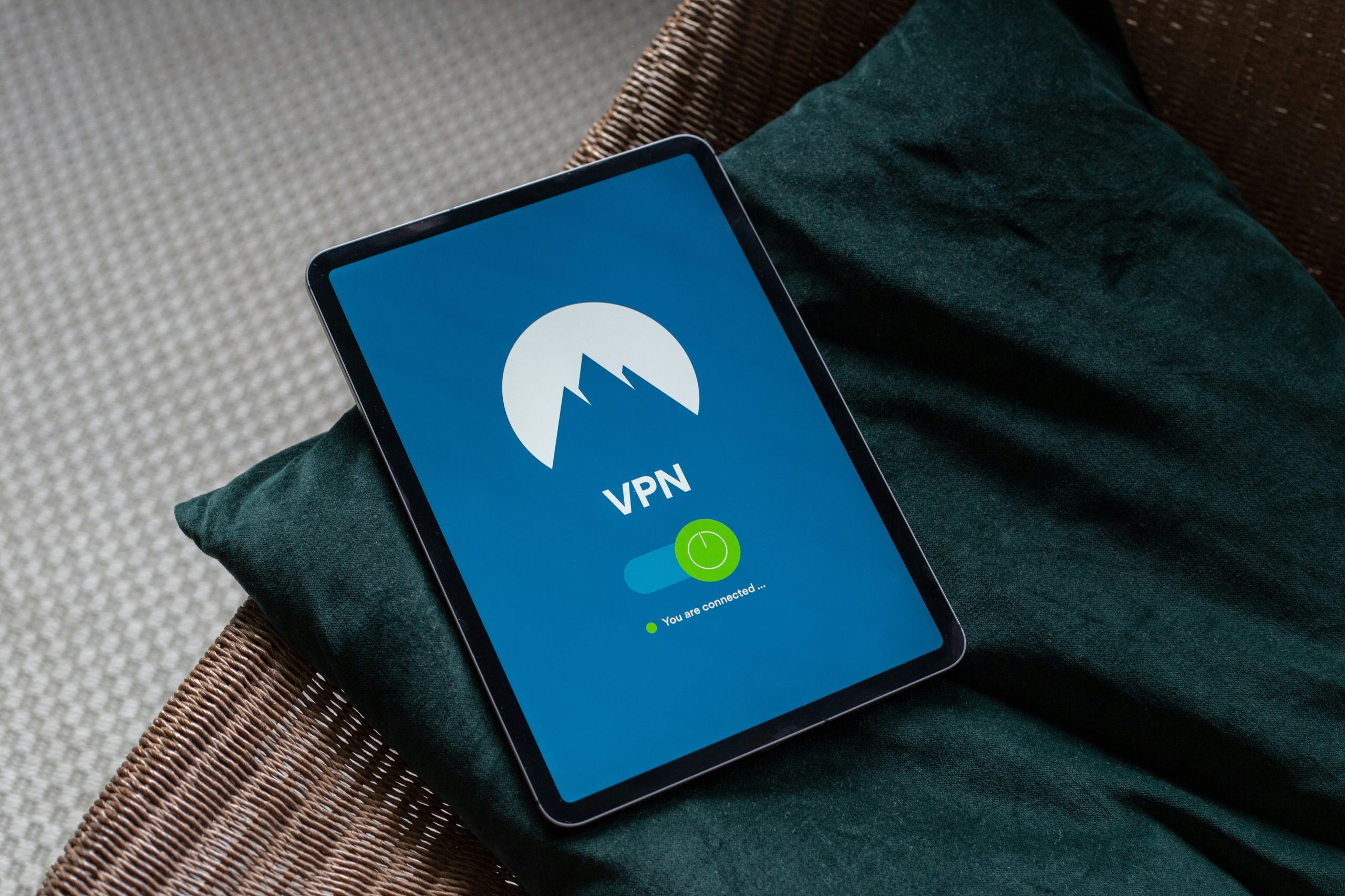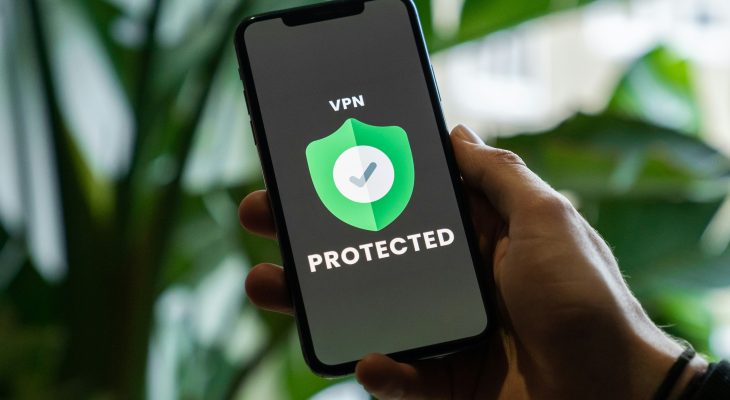In a world where our digital footprints are constantly being tracked and monitored, the concept of online privacy has become more crucial than ever. Enter the Virtual Private Network (VPN) – a powerful tool that can shield your internet activity from prying eyes, secure your data transmissions, and even bypass geo-restrictions to access content from anywhere in the world. But what exactly is a VPN and how does it work? This article aims to unravel the mysteries surrounding this technology by delving into its inner workings, exploring different types of VPNs available, and shedding light on how they can revolutionize the way we browse the web. Whether you’re a tech-savvy individual or a casual internet user, understanding VPNs is essential in safeguarding your online presence and reclaiming control over your digital privacy.
How VPN works
Imagine you’re sending a letter through the mail, but instead of your address, you put the destination address directly on the letter. Anyone who handles that letter could read its contents. This is similar to how data travels over the internet without a VPN – it’s like sending postcards anyone can see. But with a VPN, it’s like sealing your letter in an envelope before sending it out – ensuring privacy and security.
When you connect to a VPN server, all your internet traffic is encrypted before being sent through a secure tunnel to the VPN server. This encryption makes it nearly impossible for anyone to intercept and decipher your data as it travels across the web. By masking your real IP address with that of the VPN server’s, you also gain anonymity online, further protecting your identity and location from prying eyes.
In essence, a VPN acts as a middleman between your device and the websites or services you access online. It not only shields your data from potential eavesdroppers on public Wi-Fi networks but also allows you to bypass geographical restrictions imposed by content providers or governments. Fed up with region-locked content? A VPN might just be what you need to unlock new horizons in cyberspace.

Types of VPN: Remote access, site-to-site
In the realm of Virtual Private Networks (VPNs), two prominent types stand out: remote access and site-to-site. Remote access VPNs cater to individual users or devices seeking secure connections to a private network from a remote location. This setup is ideal for employees working from home, providing them with encrypted access to company resources seamlessly.
On the other hand, site-to-site VPNs are designed for interconnecting multiple offices or branches of an organization over the internet securely. By establishing a direct connection between different networks, site-to-site VPNs ensure seamless data transfer and communication between geographically dispersed locations. This type of VPN is crucial for maintaining cohesive operations and facilitating collaboration across various business sites.
Both remote access and site-to-site VPNs play pivotal roles in ensuring secure communications in an increasingly interconnected world. Understanding the unique functionalities of each type empowers organizations to implement tailored solutions that meet their specific needs while safeguarding sensitive data effectively. By utilizing these distinct types of VPNs strategically, businesses can enhance their connectivity while upholding stringent security standards in today’s digital landscape.
Advantages of using VPN
One of the significant advantages of using a VPN is enhanced online privacy and security. By encrypting your internet connection, a VPN ensures that your data is protected from hackers, government surveillance, and other third parties. This extra layer of security is especially important when using public Wi-Fi networks, as it helps to prevent potential cyber threats and unauthorized access to your personal information.
Another key advantage of using a VPN is the ability to bypass geo-restrictions and access region-locked content. Whether you want to watch your favorite TV shows while traveling abroad or access websites that are blocked in your country, a VPN allows you to navigate the digital world without limitations. Additionally, a VPN can help improve your online anonymity by masking your IP address and making it harder for websites to track your browsing activity. Overall, the versatility and security provided by a VPN make it an essential tool for modern internet users looking to safeguard their privacy and access unrestricted content online.
Considerations before using a VPN
Before diving into the world of VPNs, it’s crucial to consider your specific needs and objectives. Understanding why you need a VPN will help you choose the most suitable provider and plan. Whether it’s for online privacy, accessing geo-restricted content, or enhancing security on public networks, defining your purpose will guide your decision-making process.
Aside from functionality, it’s equally important to evaluate the reputation and trustworthiness of VPN providers. Look for reputable companies with transparent privacy policies and no-logs practices to ensure your data remains secure. Additionally, consider the jurisdiction under which the VPN operates as different laws can impact the level of privacy protection offered.
Never overlook the speed and performance aspect when selecting a VPN service. Some providers may slow down your internet connection due to factors like server location or encryption protocols used. Opt for a provider that offers fast speeds without compromising on security features to ensure seamless browsing experiences across all your devices.

Popular VPN services
When it comes to popular VPN services, NordVPN often stands out due to its user-friendly interface and ability to bypass geo-restrictions effortlessly. With a vast server network spanning multiple countries, NordVPN offers reliable and fast connections for secure browsing and streaming. Additionally, their commitment to user privacy and no-logs policy makes them a top choice for many individuals seeking anonymity online.
Another notable VPN service is ExpressVPN, known for its high speeds and comprehensive security features. ExpressVPN’s servers are strategically located worldwide to ensure seamless access to content from anywhere in the world. Moreover, their robust encryption protocols provide peace of mind for users looking to protect their online activities from prying eyes. Overall, both NordVPN and ExpressVPN have earned their popularity through consistent performance and dedication to user privacy in the crowded VPN market.
Conclusion: Importance of securing online activities
In a digitally-driven world where every online activity is vulnerable to cyber threats, the importance of securing our digital footprint cannot be overstated. Utilizing VPN services is not just about masking your IP address anymore; it’s about safeguarding your data, privacy, and overall online experience. By encrypting network traffic and routing it through secure servers, a VPN creates a virtual tunnel that shields your activities from prying eyes and potential hackers.
Securing online activities with a VPN is especially crucial for individuals who frequently connect to public Wi-Fi networks. These networks are notorious hunting grounds for cybercriminals looking to intercept sensitive information like login credentials or financial details. By using a VPN in these scenarios, users can significantly reduce the risk of falling victim to such malicious attacks. Ultimately, prioritizing the security of our online activities through VPN usage empowers us to browse freely without compromising our privacy or exposing ourselves to digital vulnerabilities.








